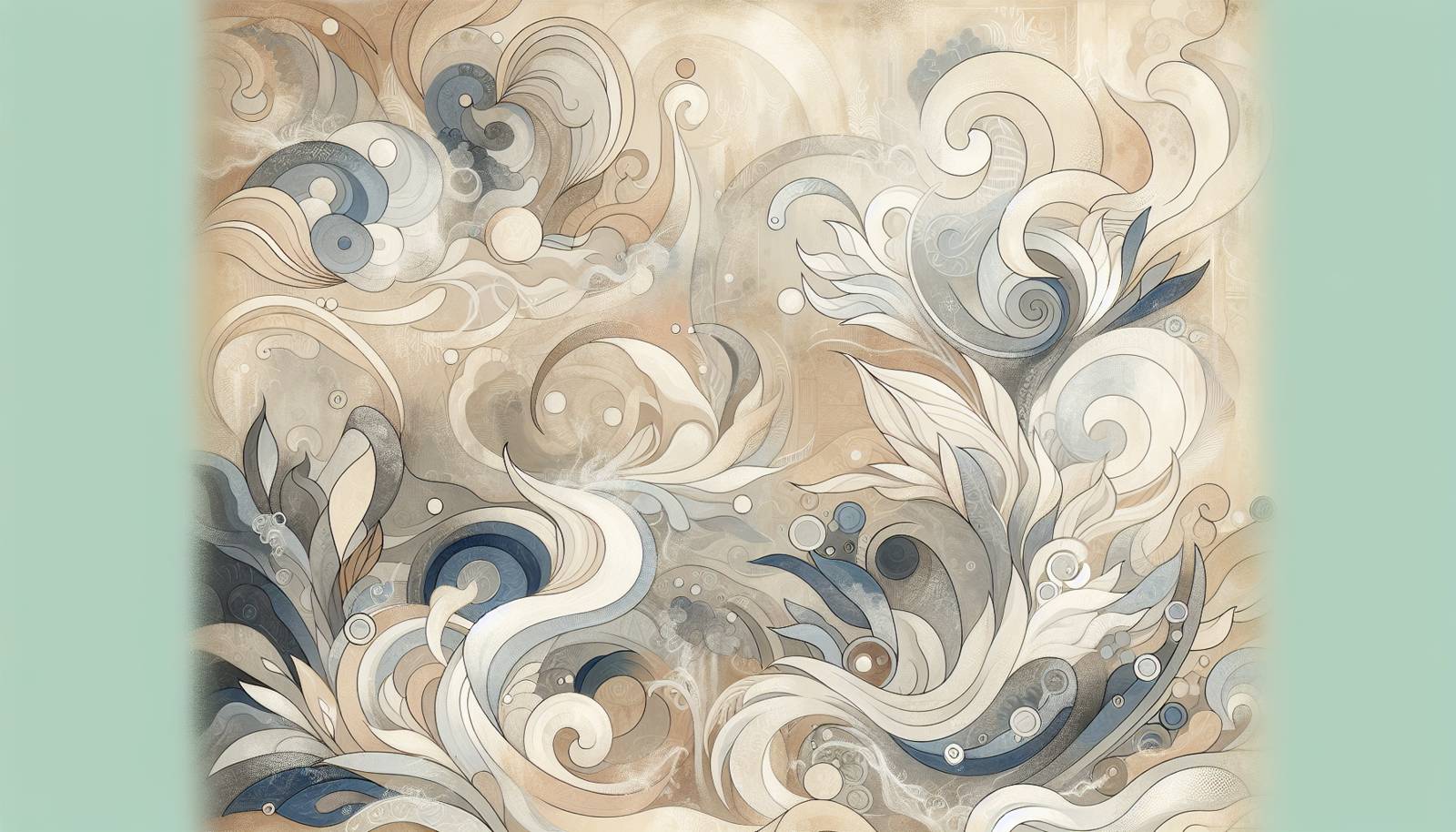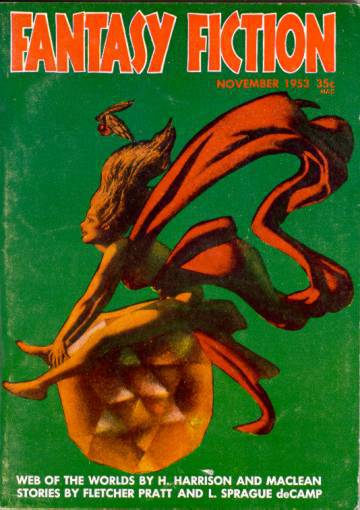
FAQ About The Role of Cultural Narratives in Fantasy Literature

How do cultural narratives influence fantasy literature?
Cultural narratives significantly shape fantasy literature by providing rich tapestries of mythology, folklore, and traditional beliefs that authors weave into their stories. These cultural elements offer unique landscapes, diverse creatures, and established themes that fuel creative storytelling. By drawing on these deep-rooted traditions, fantasy literature can explore universal truths and cultural particularities, thus enhancing the relevance and resonance of its stories.

What are some examples of cultural myths used in fantasy literature?
Examples of cultural myths used in fantasy literature include Greek mythology in Rick Riordan's "Percy Jackson" series, Norse mythology in Neil Gaiman's "Norse Mythology," and Arthurian legends in T.H. White's "The Once and Future King." These works incorporate elements like gods, magical beings, and legendary heroes to construct elaborate and compelling narratives.

Why is folklore important in constructing fantasy worlds?
Folklore is crucial in constructing fantasy worlds because it provides a foundation of familiar narratives and archetypes that author can use to build new, imaginative settings. By tapping into folklore, authors can create worlds with identifiable and relatable elements that still feel magical and otherworldly. This cultural heritage gives fantasy literature depth and authenticity, and allows readers to connect with the story through a familiar cultural lens.

Can fantasy literature transcend individual cultural narratives?
Yes, fantasy literature can transcend individual cultural narratives by blending multiple traditions into a single narrative, thus creating a universal appeal. Authors often borrow elements from various cultures, fostering a sense of shared human experience while still celebrating unique cultural aspects. This approach can make fantasy literature more inclusive and relatable to a global audience.

How does fantasy literature reflect cultural values?
Fantasy literature reflects cultural values by incorporating the societal norms, moral values, and ethical dilemmas present in the underlying myths and folklore. Through its narratives, fantasy can challenge these values or highlight them more vividly, offering commentary on issues like heroism, justice, and humanity. It serves as a mirror reflecting both the past and contemporary issues, filtered through a fantastical lens.

What role do cultural narratives play in character development in fantasy?
Cultural narratives play a significant role in character development by providing archetypes such as the hero, trickster, or wise mentor, all stemming from cultural myths and folklore. These roles allow authors to explore deep character arcs and growth that resonate with readers. Characters are often crafted with traits or destinies influenced by these narratives, adding layers of depth and meaning to their journeys.

How have modern fantasy authors adapted traditional myths in their work?
Modern fantasy authors often reinterpret traditional myths to fit contemporary themes and audiences. They might update settings, add diverse characters, or twist expected plot lines while maintaining the core mythological elements. This process not only brings fresh perspectives to age-old stories but also makes them accessible and relevant to today's readers.

Are all fantasy books rooted in cultural narratives?
While many fantasy books draw heavily from cultural narratives, not all do. Some fantasy stories are purely fictional creations of the author's imagination without direct roots in existing folklore or myths. However, elements of cultural storytelling, archetypes, and universal themes often seep in, even unconsciously, providing a backbone for the narrative structure.

What is the significance of cultural settings in fantasy literature?
Cultural settings in fantasy literature provide a familiar yet fantastical backdrop that readers can visualize and experience. These settings often encapsulate the essence of the culture they represent, from architectural styles to societal norms and magic systems. Cultural settings enrich the narrative by adding contextual depth and aiding in world-building.

How do cultural narratives affect themes in fantasy literature?
Cultural narratives affect themes in fantasy literature by shaping the moral and philosophical questions explored in the story. Themes like good versus evil, the hero's journey, and transformation are often derived from cultural myths and reflect the collective wisdom and existential queries of the originating culture. These themes offer guidance and provoke thought in a narrative sense.

What challenges do authors face when integrating cultural narratives into fantasy literature?
Authors face several challenges when integrating cultural narratives into fantasy literature, including cultural appropriation, ensuring respectful representation, and balancing authenticity with creativity. There's a need to research thoroughly and portray cultures accurately while staying true to the fictional elements of the story. Authors must navigate these complexities to enrich their narratives without falling into stereotypes or misrepresentation.

How do different cultures influence the creatures found in fantasy literature?
The creatures in fantasy literature are often influenced by the cultural myths and folklore of different regions. For instance, European folklore has given rise to dragons and fairies, while Asian folklore might introduce dragons with distinct features and deities. Each culture contributes its mythical beings, enchanting stories with supernatural creatures rooted in local beliefs and traditions.

Why do some authors blend multiple cultural narratives in their fantasy works?
Authors blend multiple cultural narratives to create rich, diverse worlds that appeal to a wide audience and explore a broader spectrum of human experience. This blending can enhance storytelling depth and provide a platform for intercultural dialogue and understanding. It allows authors to construct unique universes with complex social structures, diverse characters, and multifaceted plots.

What is the impact of cultural narratives on fantasy literature’s popularity?
Cultural narratives contribute to fantasy literature's popularity by offering stories that are both familiar and fantastical. Readers are drawn to these tales as they delve into the depths of ancestral wisdom while exploring imaginative worlds. This blend of the old and new captivates readers, appealing to a sense of mystery and wonder rooted in shared cultural foundations.

How can readers identify cultural influences in fantasy literature?
Readers can identify cultural influences by examining the elements of the narrative, such as character archetypes, mythical creatures, setting details, and thematic undertones. Awareness of the cultural backstory or familiarity with certain myths can help readers recognize and appreciate the depth added by these influences. Reading prefaces, author's notes, or commentaries can also provide insights into cultural inspirations.

Can cultural narratives limit creativity in fantasy literature?
While cultural narratives provide a foundation, they can sometimes be seen as limiting if an author feels constrained by them. However, many authors view these narratives as a springboard for creativity rather than a limitation, using them to craft innovative interpretations and expanded story arcs. Ultimately, the author’s creativity in transforming and reinvigorating these stories determines their boundaries.

How do cultural narratives contribute to the hero’s journey in fantasy literature?
The hero’s journey in fantasy literature often mirrors cultural narratives by following a path laid out in myths and folklore. This journey commonly involves overcoming challenges, discovering personal truths, and achieving transformation, reflecting the universal quest for identity and meaning. Cultural narratives inform the nature of these challenges and the lessons they impart, enriching the hero's evolution.

Why do some fantasy authors choose not to use cultural narratives?
Some fantasy authors choose to create entirely new worlds and mythologies without grounding them in existing cultural narratives to push the boundaries of creativity and originality. This approach allows for unfettered exploration of themes, plots, and settings, creating brand new experiences for readers. It is a choice that reflects the diverse possibilities within the fantasy genre.

What is the relationship between cultural narratives and fantasy sub-genres like epic or urban fantasy?
Cultural narratives deeply influence fantasy sub-genres, providing underpinning mythology and plot structures that define them. In epic fantasy, cultural narratives often set the stage for grand tales involving ancient prophecies or legendary quests. In urban fantasy, these narratives might be woven into modern settings, blending mythological elements with the contemporary world, thereby rejuvenating traditional stories in a current context.

How does cultural narrative integration differ between high fantasy and magical realism?
In high fantasy, cultural narratives are often used to build elaborate worlds entirely detached from the real world, drawing heavily on mythological and folkloric elements for world-building and plot. In magical realism, cultural narratives are integrated seamlessly into the fabric of the real world, where magical elements are experienced as a natural part of reality. This difference in integration highlights the unique ways through which each genre employs cultural stories.
